Why the skills revolution is forcing employers to invest in their employees …
We all know technology is escalating at speed, with digitisation, artificial intelligence (AI) and virtual reality impacting the workplace to a greater or lesser extent as every new day dawns.
But, where’s it all heading? Although there’s been plenty of speculation about employment in the future, no one truly knows exactly what will change – or how. There’s only the certainty that it will. We’ve already seen various examples of evolution in the labour markets of the past – tellers replaced by customer service reps, typing pools replaced by personal assistants and word processors, but these days, the skills cycle is becoming ever shorter and more demanding. Just as nineteenth century society couldn’t begin to comprehend the concept of the telephone, nor how radically it would change all facets of life, or how thirty years ago, no one would have dreamed how inseparable we’d be from our smartphones, that’s how changes happen. This time, the changes will be massive, so employers and employees alike need to be prepared. And there’s no time to lose.
Impact
To try and shed some light on what will happen in the future – in terms of trends, directions and expectations, ManpowerGroup®, the world’s workforce expert, commissioned a quantitative global study in July 2016, which surveyed more than 18,000 employers across six industry sectors in no fewer than 43 countries. The aim of the report was to ascertain to what extent employers expect the technology tsunami to impact their businesses in the immediate future, and what measures they were putting in place to enhance the resilience of their workforce to ensure it’s ready to adapt to an unpredictable and changing work landscape in the longer term.
Risk of polarisation
Results indicate that, in the short term at least, workforces will not change dramatically in terms of headcount. New technologies can be expensive, and employers will take their time to decide how their employee base will fit with uptake of automation. In the survey, 83% of employers asked planned to maintain or even increase their headcount over the course of the next two years.
But there’s clearly a pressing need for employees to upskill and accept there’ll be a shift in the value we currently place on certain skills or attributes over the medium to long term. If employers don’t grasp the opportunity to future-proof now and invest in their employees’ skills, we all risk a serious polarisation of the working population into the ‘haves’ – who are well-equipped for the future, ready to adapt their talents to meet inevitable change and become the leaders of the future – and the ‘have-nots’, who risk perishing in the new environment because they’re unable to see how they can exist in the technological age, and can’t apply their skills to the jobs available.
(Related: Good HR skills is a necessity in order for an organisation to grow. You can click here to read more about HR skills)
Some workers will be affected quicker than others, viz., roles in sales, business and financial administration are all in the firing-line, as we can see from the recent Fintech and Insurtech phenomena that have transformed the banking and insurance industries respectively. But those employees in IT and customer service should feel relatively confident that their positions will remain unchanged the longest.
With up to 45% of the tasks people are currently required to do each day able to be automated, a savvy employer with future vision would speculate that creativity, emotional intelligence and cognitive flexibility will be key skills that will realise human potential, and allow real people to work alongside ‘robots’, rather than be replaced by them. Skills adjacency, agility and the drive to learn will be crucial in the pursuit of staying relevant.
Is it that bleak?
No, it isn’t. Just imagine if all the boring, hum-drum, repetitive jobs could be carried out by robots and employees were left with more time to be creative? This would be a positive outcome for both employers and employees and could enhance productivity a thousandfold. Perhaps that’s the only way to prepare for a future that we can’t possibly know – by building up those skills which set us apart from robots – creativity, adaptability, confidence, empathy, knowing what separates great from good enough. The key is to embrace change, work with it and upskill as far as possible in these areas. The value of human connection can’t be underestimated and, while computers win on efficiency and can speed up process, they can’t yet reason.
Business leaders today – such as Virgin Group founder Richard Branson, Facebook Human Resources Chief, Lori Goler and Dropbox founder Drew Houston – are already using innovative interview techniques designed to reveal those candidates who have the skillsets best aligned with the future, making them more suitable for jobs we may not have even heard of yet. They realise that the things that were important to job-seekers in the past don’t necessarily have currency now. They’re looking for initiative and energy, and they’re willing to provide an environment – both philosophically and physically – that will propagate such valuable characteristics.


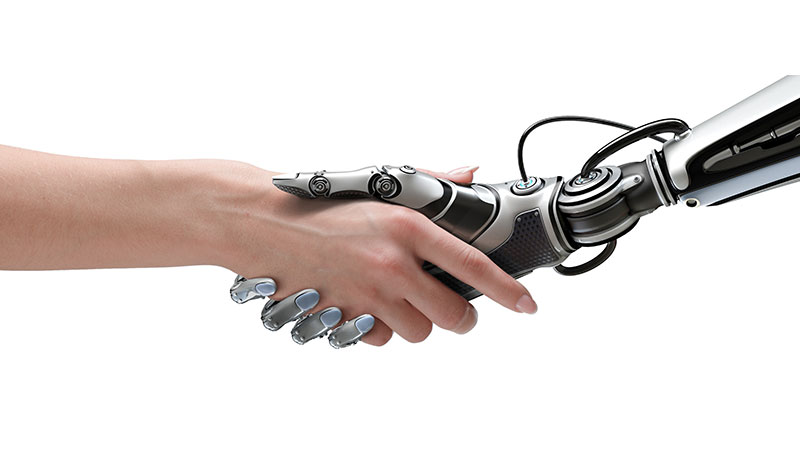
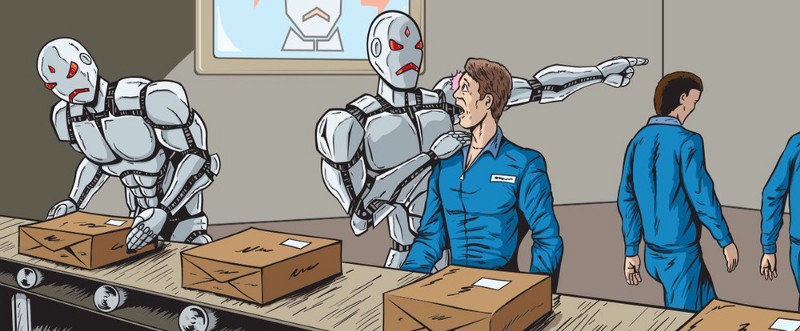

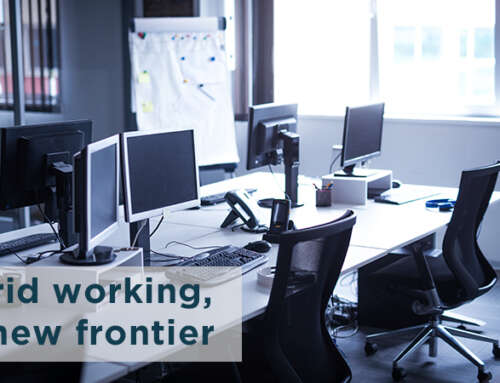
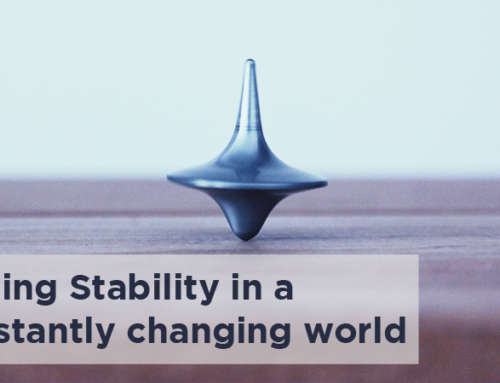
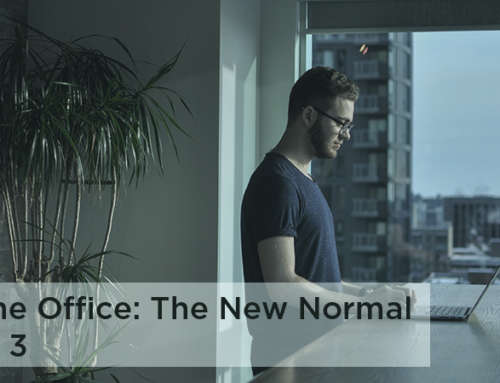

Leave A Comment
You must be logged in to post a comment.